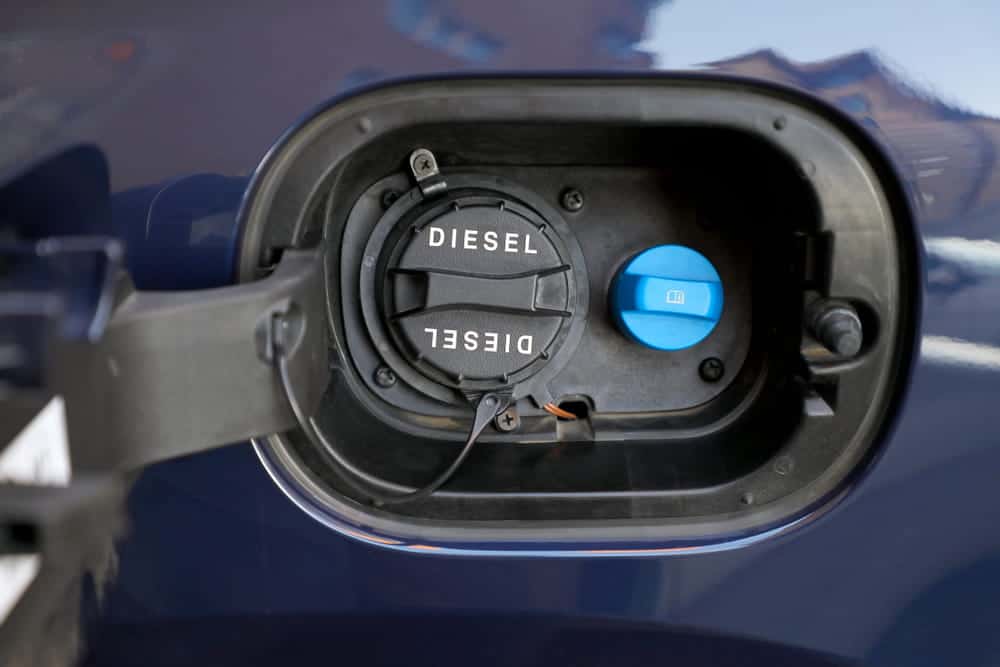As the world focuses on reducing emissions and creating sustainable solutions, diesel engines have faced increased scrutiny for their environmental impact. One of the most effective innovations to reduce harmful emissions in diesel-powered vehicles is Diesel Exhaust Fluid (DEF). This article explores the science behind DEF, its role in achieving cleaner engines, and how it contributes to a greener future.
What is Diesel Exhaust Fluid (DEF)?
Diesel Exhaust Fluid is a non-toxic solution composed of 32.5% urea and 67.5% deionized water. It’s specifically designed to work with Selective Catalytic Reduction (SCR) technology, which is now a standard feature in modern diesel engines. When injected into the exhaust stream, DEF helps to neutralize nitrogen oxides (NOx), which are harmful pollutants responsible for smog and acid rain.
How Does DEF Work?
The SCR system utilizes DEF to chemically reduce NOx emissions. Here’s how it works:
- Diesel exhaust gases pass through the SCR catalyst.
- DEF is injected into the exhaust stream and reacts with NOx.
- A chemical reaction converts NOx into harmless nitrogen and water vapor, both of which are naturally occurring in the atmosphere.
This process can reduce NOx emissions by up to 90%, making it a game-changer for diesel engine emissions control.
Why is DEF Essential for Cleaner Engines?
Diesel engines are known for their fuel efficiency and power, but they also produce more NOx compared to petrol engines. By incorporating DEF and SCR technology, diesel engines can meet stringent emissions regulations, such as the Euro 6 standards in Europe, which limit NOx emissions to 0.08 grams per kilometer for light-duty vehicles.
This has significant implications for industries that rely heavily on diesel engines, such as transportation, logistics, and agriculture. For example:
- Logistics fleets: Companies like DHL have adopted SCR-equipped vehicles to align with global sustainability goals.
- Public transportation: Cities like London now mandate DEF use in buses to reduce urban air pollution.
Real-World Impact of DEF
The impact of DEF is evident in several industries:
- Transportation: The freight industry has reported a 25% reduction in NOx emissions since implementing SCR and DEF in heavy-duty trucks.
- Construction: Equipment manufacturers such as Caterpillar have incorporated DEF systems in their machinery, significantly cutting emissions on construction sites.
- Agriculture: Modern tractors and combines use DEF to comply with emissions standards without compromising performance.
Challenges in Managing DEF Levels
Proper DEF management is crucial for ensuring that emissions control systems operate effectively. Low DEF levels can trigger warning lights, reduce engine performance, or even cause non-compliance fines. Fleet managers and individual drivers must monitor DEF levels regularly to avoid these issues.
For businesses managing large fleets, tools like Fuel Logic’s DEF level monitoring solutions provide real-time insights to prevent disruptions and maintain compliance. This not only streamlines operations but also reduces the risk of emissions violations.
DEF and the Future of Diesel Engines
With global initiatives like the UK’s commitment to achieving net zero emissions by 2050, DEF will continue to play a pivotal role in reducing the environmental impact of diesel engines. As technology evolves, we can expect even more efficient SCR systems and DEF formulations that further minimize emissions while maintaining engine performance.
Final Thoughts
Diesel Exhaust Fluid has transformed the way diesel engines operate, making them cleaner and more sustainable. By reducing harmful NOx emissions, DEF supports global efforts to combat air pollution and climate change. Whether you’re managing a single vehicle or an entire fleet, understanding and utilizing DEF effectively is essential for compliance and sustainability.





